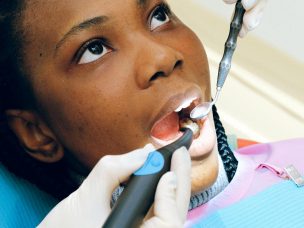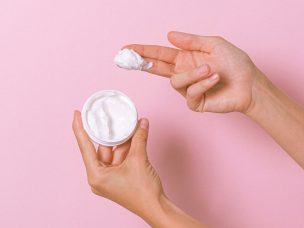The inhibition of heat shock protein 90 mediated by RGRN-305 serves as a potential therapeutic tool in the treatment of hidradenitis suppurativa, according to the results of a new clinical trial.
Hidradenitis suppurativa (HS) is an immune-mediated systemic inflammatory condition, predominantly associated with cutaneous changes. Heat shock protein 90 (HSP90) mediates the activity of proinflammatory factors, hence, its inhibition can form the basis for the treatment of inflammatory skin conditions.
A placebo-controlled double-blind clinical trial, published in the Journal of the American Medical Association Dermatology, evaluated the role of inhibition of HSP90 by RGRN-305 in the treatment of patients with HS.
Study Participants
A total of 15 patients were enrolled in the clinical trial, with 10 being female. The median age of the participants was 29 (23–41) years. Five patients were randomized to the placebo group, and 10 patients received the HSP90 inhibitor RGRN-305. The treatment group participants had higher numbers of draining tunnels, abscesses, and Hurley stage III classifications.
HSP90 Inhibitor and Clinical Response in Hidradenitis Suppurativa
The Hidradenitis Suppurative Clinical Response (HiSCR) rates were greater in treatment group patients at week 8, with the percentage of patients with HiSCR-50 increasing at week 16 compared to the placebo group. Only RGRN-305 group participants achieved a 75% and 90% reduction in abscesses and inflammatory nodules, as indicated by HiSCR scores.
HSP90 Inhibitor and Quality of Life
Patients treated with RGRN-305 reported greater improvement in the Dermatology Life Quality Index (DLQI) and pain numeric rating scale. The administration of 250 mg RGRN-305 was associated with a mean improvement in the Hidradenitis Suppurative Physician’s Global Assessment (HS-PGA) of −0.8 ± 0.63.
Mechanism of Action of HSP90 Inhibitor
The HSP90 inhibitor RGRN-305 demonstrated a rapid onset of activity, resulting in the reduction of draining tunnels and abscesses during the initial treatment period. The improvement in inflammatory nodules was marked after 10 weeks of intervention. One patient from either group required an intralesional injection of corticosteroid as a rescue treatment.
Safety Profile of HSP90 Inhibitor
A single daily dose of RGRN-305 250 mg was well tolerated by patients in the treatment group, with the rates of treatment-emergent adverse events being comparable between the two groups.
In summary, patients in the RGRN-305 group achieved a clinical response with the administration of the HSP90 inhibitor compared to the placebo group participants. The treatment was well-tolerated, and there were no associated adverse events.
Source:
Abdallah, H. B., Bregnhøj, A., Emmanuel, T., Ghatnekar, G. S., Johansen, C., & Iversen, L. (2023). Efficacy and safety of the heat shock protein 90 inhibitor RGRN-305 in hidradenitis suppurativa. JAMA Dermatology. https://doi.org/10.1001/jamadermatol.2023.4800










